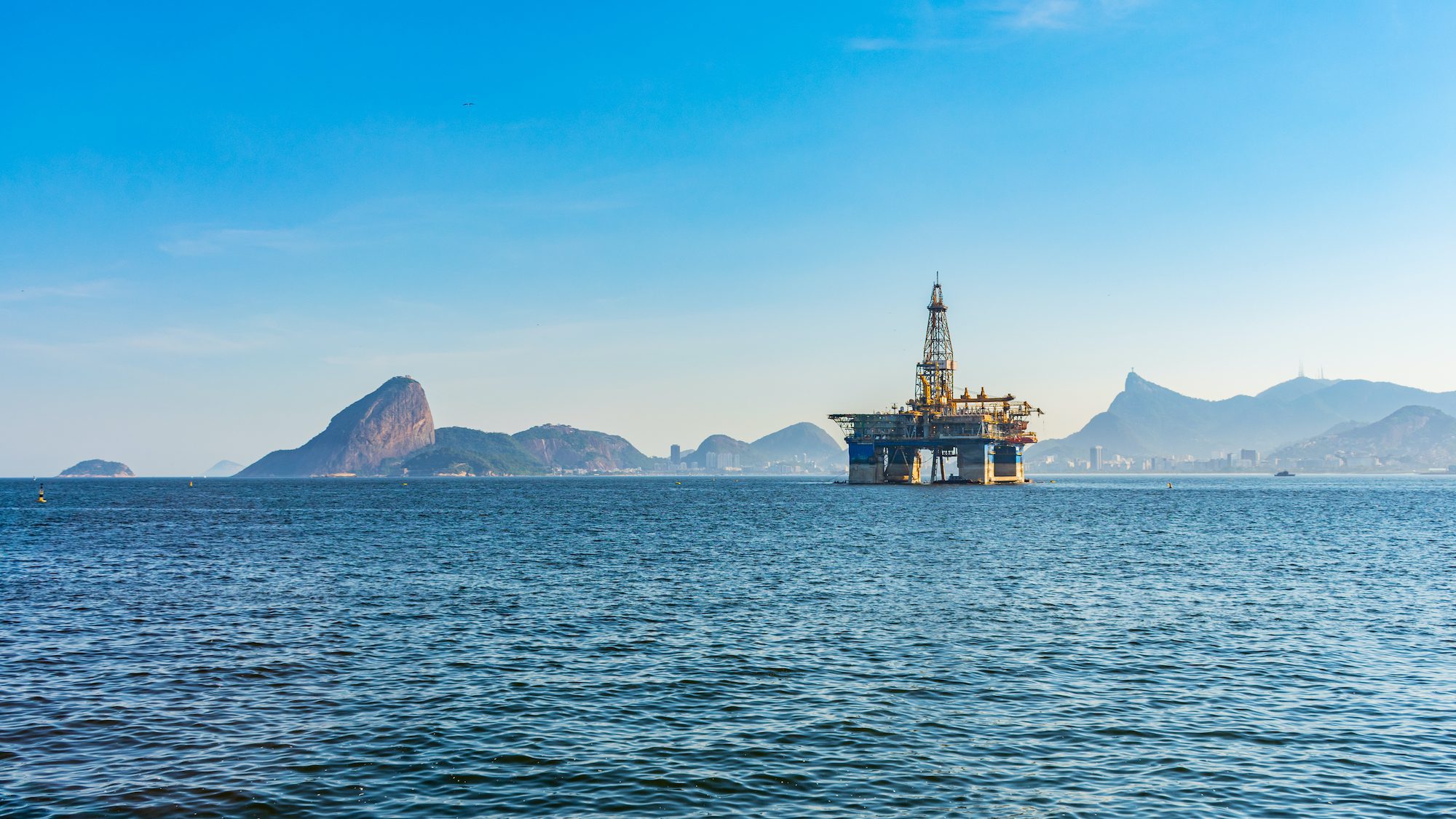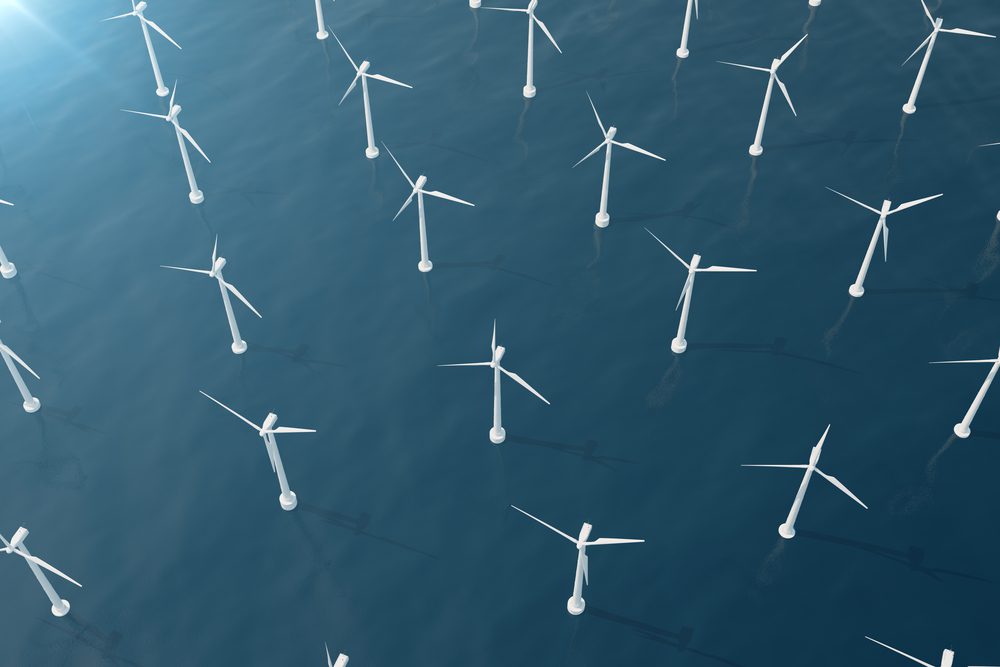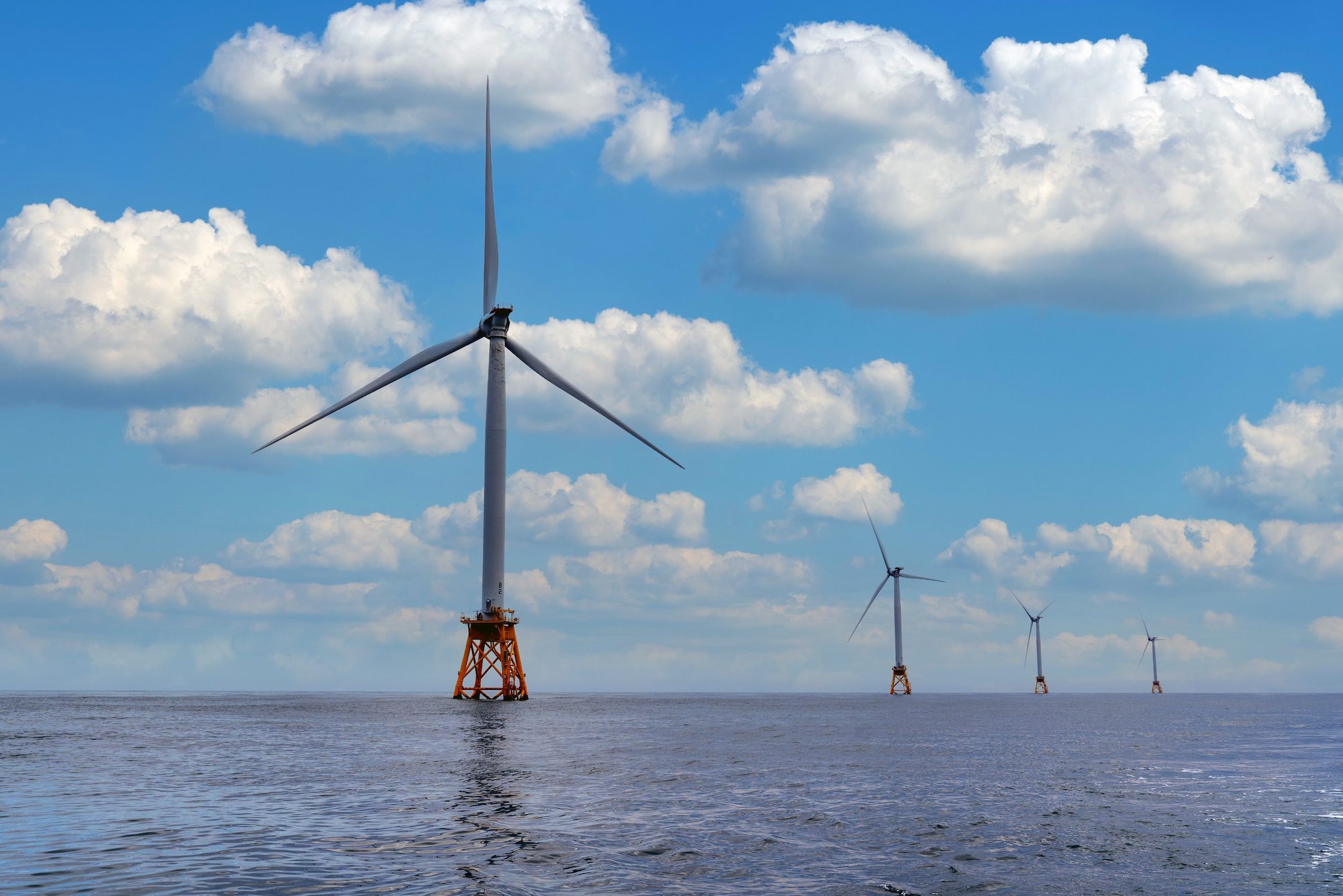By Mariana Durao and Peter Millard (Bloomberg) —
Brazil is giving Big Oil a second chance to join two massive offshore oil prospects in a test of the industry’s appetite for expansion as the world transitions to cleaner energy.
In an auction on Friday, Exxon Mobil Corp., Royal Dutch Shell Plc and eight other applicants will be looking at a 70% cheaper signing bonus than two years ago to bid for partnerships with Petroleo Brasileiro SA in the Sepia and Atapu fields in ultra-deep waters of the South Atlantic.
Sweeter terms and higher oil prices make the prospects an attractive opportunity to tap some of the largest oil discoveries this century, known as pre-salt deposits. But the timing is tricky: U.S. producers have been focused on boosting investor returns with dividends and stock buybacks, while European oil titans have ambitious goals to reduce their carbon emissions and invest heavily in cleaner energy in the coming decades.
“Without placing a bet on higher future oil prices, it will be hard for bidders to justify going much beyond the minimum,” Luiz Hayum, senior research analyst at Wood Mackenzie Ltd., wrote in a report.
In November 2019, the two fields failed to attract bidders in what was possibly the world’s priciest oil auction, with signing bonuses alone totaling $9 billion at the exchange rate of the time. Now Brazil is asking for roughly $2 billion, a 70% discount in local currency terms.
This time around it’s also clearer how much winning bidders will need to pay Petrobras for previous investments, at about $3.2 billion per area. Bidders win by offering the biggest percentage of the oil they produce to the government.
Petrobras, as the state-controlled producer is known, has already exercised its rights to secure operating control and a 30% minimum stake, no matter who wins.
The lower signing bonuses send a clear signal that Brazil understands how much it needs to improve the terms of the auction in the current environment, said Schreiner Parker, the head of Latin America at Rystad Energy, said
“With traditional exploration becoming ever harder to justify in boardrooms across the world, inorganic growth is one way to sustain a healthy reserves replacement,” he said.
The original contracts for the two fields put a limit on how many total barrels Petrobras can extract. The winners of this auction will get the right to produce volumes that exceed the original terms.
The prospects are part of an area estimated to hold as much as 15 billion barrels of recoverable crude, according to a study by Houston-based consultancy Gaffney, Cline & Associates in 2019. That also includes Petrobras’s Buzios and Itapu fields.
Petrobras already produces oil in the area, eliminating most exploration risks. The company’s partner in a block that borders on Sepia is Portugal’s Galp Energia SGPS. Galp, France’s TotalEnergies SE, and Shell are its partners in a block that borders on Atapu.
Sepia and Atapu are the last two big fields with ongoing production and proven reserves that Brazil is scheduled to offer.
“This is the last big auction we’ll see, the last bottle of Coke in the desert,” said Adriano Pires, director of infrastructure consultancy CBIE.
© 2021 Bloomberg L.P.

 Join The Club
Join The Club











